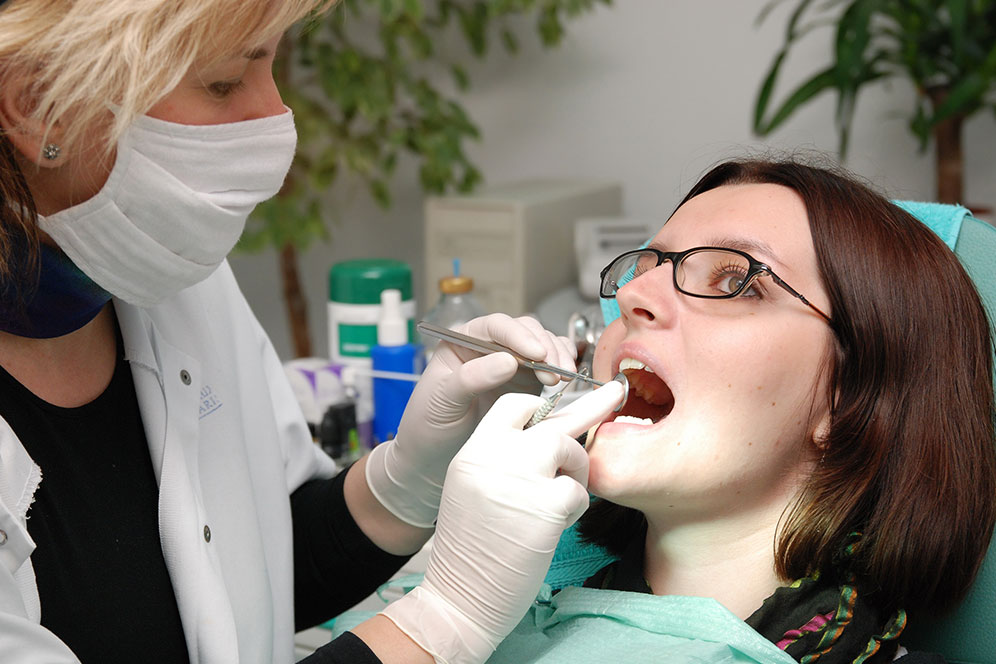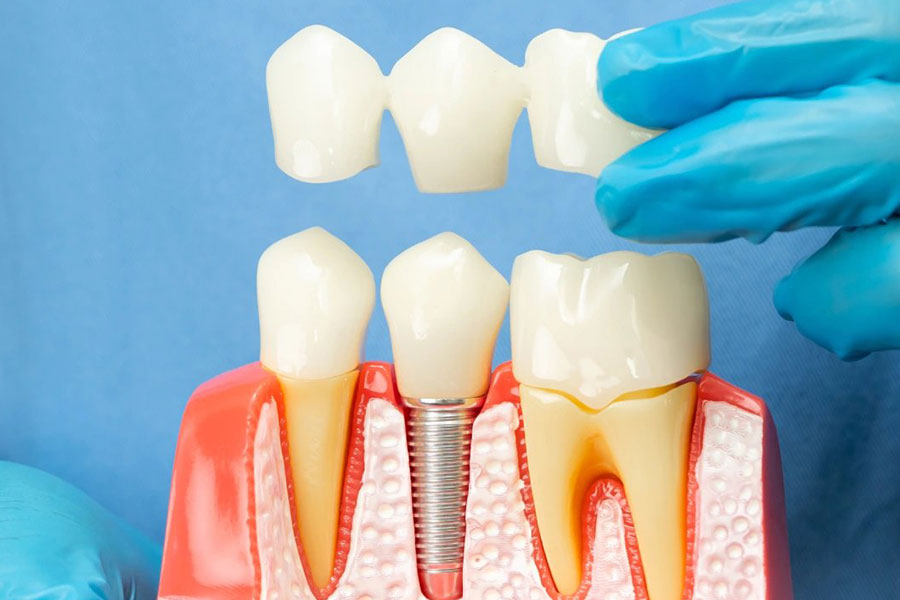Table of Contents
ToggleDental implants offer a transformative choice to replace missing teeth. They provide a durable and natural-looking solution. Deciding on dental implants involves asking questions regarding the same. When you know the basic details of a dental procedure, you comprehend the process better. Asking questions helps you make informed decisions. Here are 10 essential questions to consider before committing to dental implants, and why they are vital for informed choices.
Essential Questions Before Dental Implants

1. Am I a suitable candidate for dental implants?
Asking this question provides knowledge about the effect of oral health, bone density, and pre-existing medical conditions on the implantation treatment. You need to be in good enough health to undergo dental surgery to receive an implant.
Some conditions may make you ineligible. These include uncontrolled diabetes, blood clotting disorders, heavy smoking, metabolic bone disease, and active cancer treatment. The ideal candidate has good overall dental health and a missing tooth or one that needs extraction.
If you’re exploring dental implants Melbourne clinics, your dentist will assess whether you meet the candidacy criteria during your initial consultation.
2. What makes dental implants better than other tooth replacement methods?
Understanding the benefits of Dental Implants over traditional implants assists in selecting the most suitable solution for your lifestyle and dental requirements. Dental implants are generally very durable and closely replicate the look and feel of a natural tooth when covered with a crown. They offer many benefits over available alternatives.
- Durability: Dental implants can last longer than alternatives and have a success rate above 97% for 10 years. Studies report a 90 to 95 percent success rate over a period of 10 years. In a large 2021 study examining implants over 22 years, survival rates were 98.9% at 3 years, 98.5% at 5 years, 96.8% at 10 years, and 94.0% at 15 years. Complete dentures last an average of 10.1 years. Dental bridges generally need replacement every 5 to 15 years.
- Prevents bone loss: Dental implants may help prevent bone loss that occurs after you lose a tooth. Studies find implants seem to have a noticeable effect on alveolar ridge preservation by lowering the rate of bone resorption.
- Natural look and feel: A dental implant acts as an artificial root for your tooth. Dentists can put a crown on top that mimics the look and feel of a natural tooth and may feel more comfortable than alternatives such as dentures. Dental implants resemble and function like natural teeth.
- Keeps adjacent teeth stable: When a tooth is missing, surrounding teeth can migrate toward the gap. An implant fills the gap and helps keep the health of surrounding teeth.
- Restores cosmetic appearance: Jawbone loss after losing teeth can reshape the face, potentially leading to sagging skin, collapsed cheeks, or a sunken appearance. Dental implants may help prevent these changes.
- Behaves like natural teeth: An implant more closely mimics your natural teeth when chewing than traditional dentures or bridges. It may help preserve speech patterns.
- Restores bite force: Implant-supported overdentures of the lower jaw increase biting force compared with traditional dentures.
- Improves quality of life: Implant-supported overdentures could increase quality of life.
For those looking for affordable dental implants Melbourne clinics, understanding these benefits helps justify the long-term investment.
3. What type of implant system will be used for my case?

Each system offers distinct advantages. Understanding what suits your need helps you make an improved choice. Endosteal implants are the most common type, looking like small screws or cylinders made from titanium or ceramic, inserted directly into the jawbone.
Subperiosteal implants are placed under the gums and on top of the jawbone, consisting of a metal framework. Mini dental implants are narrower than other types and may be placed in areas with less available bone.
If you’re concerned about teeth implants Melbourne cost, the implant type your dentist recommends will directly affect the overall price.
4. How long will the entire procedure take?
The surgery itself takes about 90 minutes. The whole process might take as long as 6 to 12 months needing multiple dental appointments. Traditionally, total treatment time is four months to a year or longer, dependent upon medical and dental health, quality/quantity/location of available bone, and techniques/materials. Newer techniques often allow removal of teeth, placement of implants, and a temporary fixed restoration all on the same day.
If you’re searching for cheap dental implants, you may need to weigh quicker methods against overall success and healing time.
5. Will additional procedures like bone grafting be necessary?
Prior to placing an endosteal implant, an additional procedure might be needed to provide a sturdier foundation in your jawbone. Examples include bone grafts, sinus lift, and ridge expansion.
If insufficient bone is present, some people may opt for a procedure like bone grafting or sinus lifting prior to receiving an endosteal implant. If bone loss has occurred around a failed implant, a bone graft may be needed to help regenerate bone tissue before a new implant can be placed.
Bone grafting may influence the dental implant price, so it’s helpful to ask your dentist about the full breakdown.
6. Are there any possible risks or complications?
Like all surgical procedures, dental implants come with some risks. These include damage to surrounding teeth or tissues, bleeding, implant failure, gum recession, infection, allergic reaction to anaesthetic, and nerve damage.
According to research, implant failure rates are higher in smokers (11%) compared to nonsmokers (5%). Sharing your complete medical history with your implant dentist assists in discussing risks and benefits. Choosing a knowledgeable, well-trained implant dentist helps minimise risk.
If you’re opting for the cheapest dental implants, make sure your provider maintains proper safety standards and experience, despite lower pricing.
7. What is the success rate of dental implants?
Implants with a higher success rate gain preference from people as they are durable. Dental implants have a success rate above 97% for 10 years. Studies report a 90 to 95 percent success rate over 10 years. Long-term clinical performance studies show high survival rates over many years. Dental implants have proven predictably safe and effective, with success rates typically well over 90%, since 1965.
This high success rate is one reason many patients find the dental implants cost Melbourne clinics offer to be a worthy investment.
8. How experienced is the dental surgeon?
Higher experience implies a higher success rate for full-mouth dental implantation. Not all dentists are thoroughly trained and experienced in implant dentistry. Successful implant placement and restoration requires advanced knowledge, sophisticated planning, and judgment. An inexperienced surgeon can contribute to implant failure. Consulting with a qualified dental implant expert is a wise decision.
Always ask for qualifications and experience, especially if you’re concerned about the cost of tooth implant procedures and want reliable outcomes.
Getting dental implants involves a big decision. Asking these questions helps you stay informed and confident.


